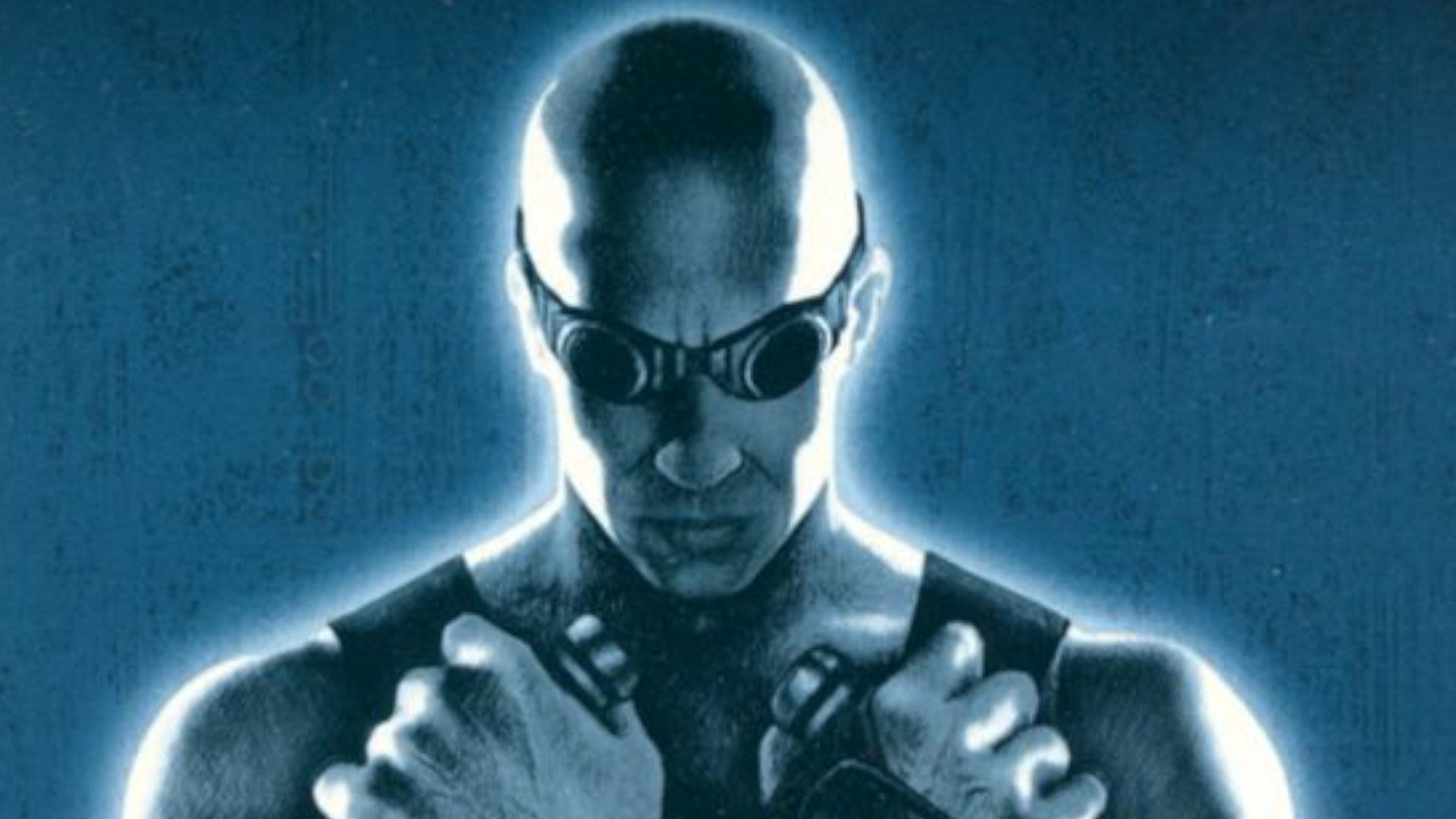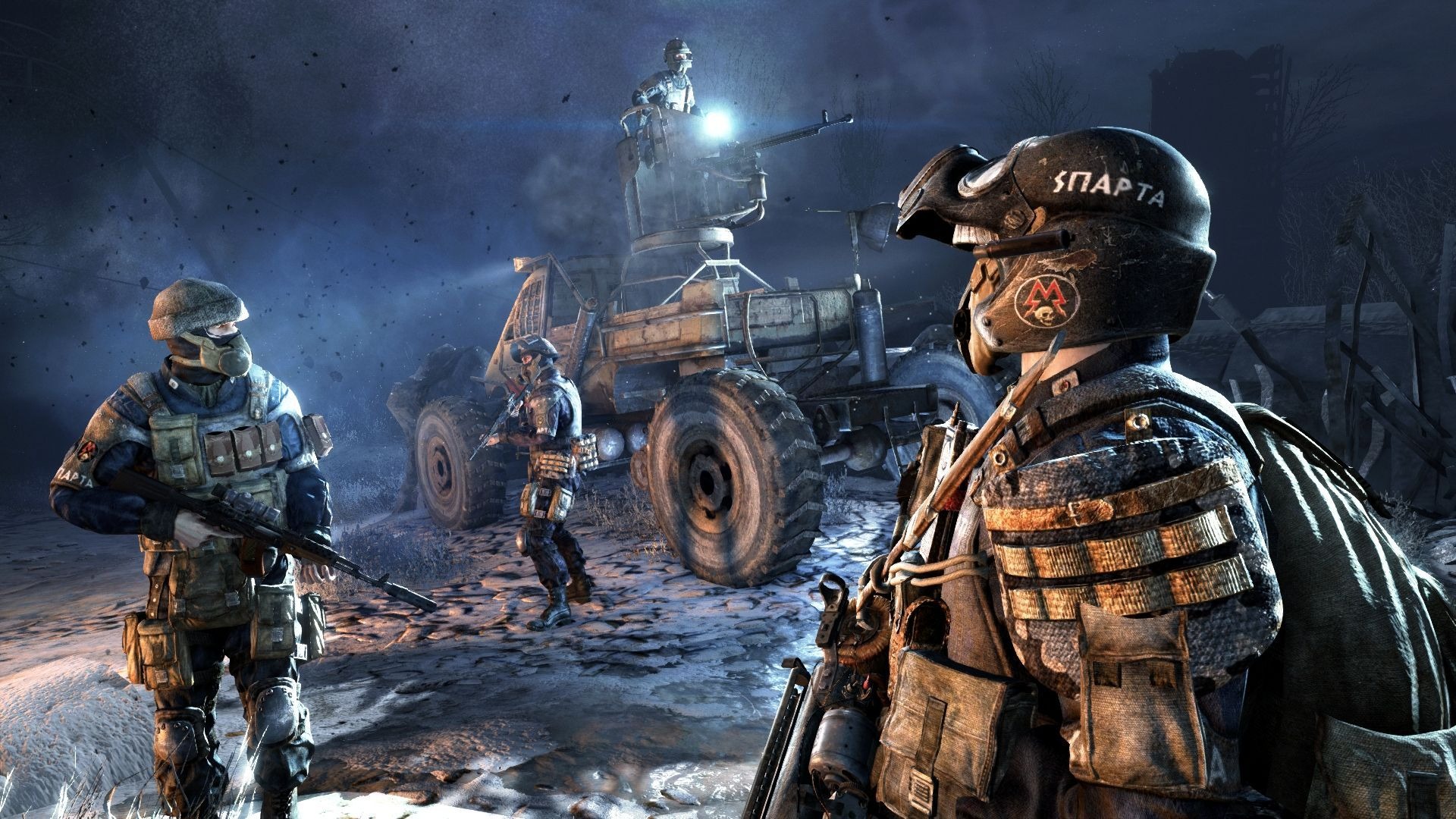The Secret History of the Canceled Vin Diesel FPS: How a Studio Kept Working on a Dead Game
Popular Now
 EA SPORT FC 25
EA SPORT FC 25
 Sonic the Hedgehog™ Classic
Sonic the Hedgehog™ Classic
 Warframe
Warframe
 Fall Guys
Fall Guys
 Schedule I
Schedule I
 Free Fire Max
Free Fire Max
 Among Us
Among Us
 Toca Boca World
Toca Boca World
 R.E.P.O
R.E.P.O
 Stumble Guys
Stumble Guys 
In the world of video game development, the threat of cancellation looms large. Projects costing millions of dollars can be shut down without warning, a harsh reality for developers who pour their passion into a game. Yet, few stories are as bizarre and compelling as that of The Chronicles of Riddick: Escape from Butcher Bay, an FPS starring Vin Diesel that was not only critically acclaimed but was also, for a time, a canceled game that its own studio didn’t even know was dead.
A recent Noclip documentary has shed new light on the tumultuous development of this cult classic, revealing a story of a game so under the radar that it managed to survive its own cancellation. The 2004 Xbox title, widely hailed as one of the best licensed games ever made, was a groundbreaking blend of stealth, action, and RPG elements, all wrapped in a gritty, sci-fi prison setting. But according to Jens Matthies, the art director at developer Starbreeze Studios at the time, the project was briefly shelved, and the team was never told.
The Canceled Game That Refused to Die
Approximately two-thirds of the way into development, the team at Starbreeze was informed that their publisher, Vivendi Universal Games, had canceled the project. However, in a twist of fate, their key contact at the publisher failed to pass on the news. This created a surreal situation where the developers continued working tirelessly on a game that, for all intents and purposes, no longer existed.
This bizarre development history is a testament to the dedication of the team, as well as the unique nature of licensed video games in the early 2000s. At that time, many movie-tie-in games were seen primarily as a marketing tool for the film, a cheap way to generate buzz and sell tickets. The development of Escape from Butcher Bay was no different. The game was a crucial part of the marketing plan for Vin Diesel’s film, The Chronicles of Riddick, and this fact would ultimately save the game from its premature demise.
 From Cancellation to Critical Acclaim
From Cancellation to Critical Acclaim
While the Starbreeze team continued to labor on the game, the film studio, Universal Pictures, was in a bind. Their marketing plan relied on the game’s release, and they were unaware of the internal conflicts at the publisher that had led to its cancellation. When they discovered the situation, they intervened, effectively forcing Vivendi to “restart” the game’s development—a process that was remarkably simple, as the work had never actually stopped.
The game’s un-cancellation allowed Starbreeze to complete their vision, and upon release, it was met with rave reviews. Critics praised its innovative stealth mechanics, superb graphics, and Vin Diesel’s committed performance as Riddick. It was a rarity: a movie-licensed game that wasn’t just good, but was arguably better than the film it was tied to. The success of Escape from Butcher Bay cemented Starbreeze’s reputation for creating high-quality, atmospheric shooters, a legacy they would continue with titles like The Darkness and, later, the Payday series.
The story of The Chronicles of Riddick: Escape from Butcher Bay is a fascinating footnote in gaming history. It serves as a powerful reminder that even in an industry dominated by corporate decisions and high-stakes investments, sometimes, the passion of a dedicated development team can triumph against all odds. The game’s improbable survival against cancellation is a testament to its quality and the vision of its creators, making it a true hidden gem of the original Xbox era.









 From Cancellation to Critical Acclaim
From Cancellation to Critical Acclaim